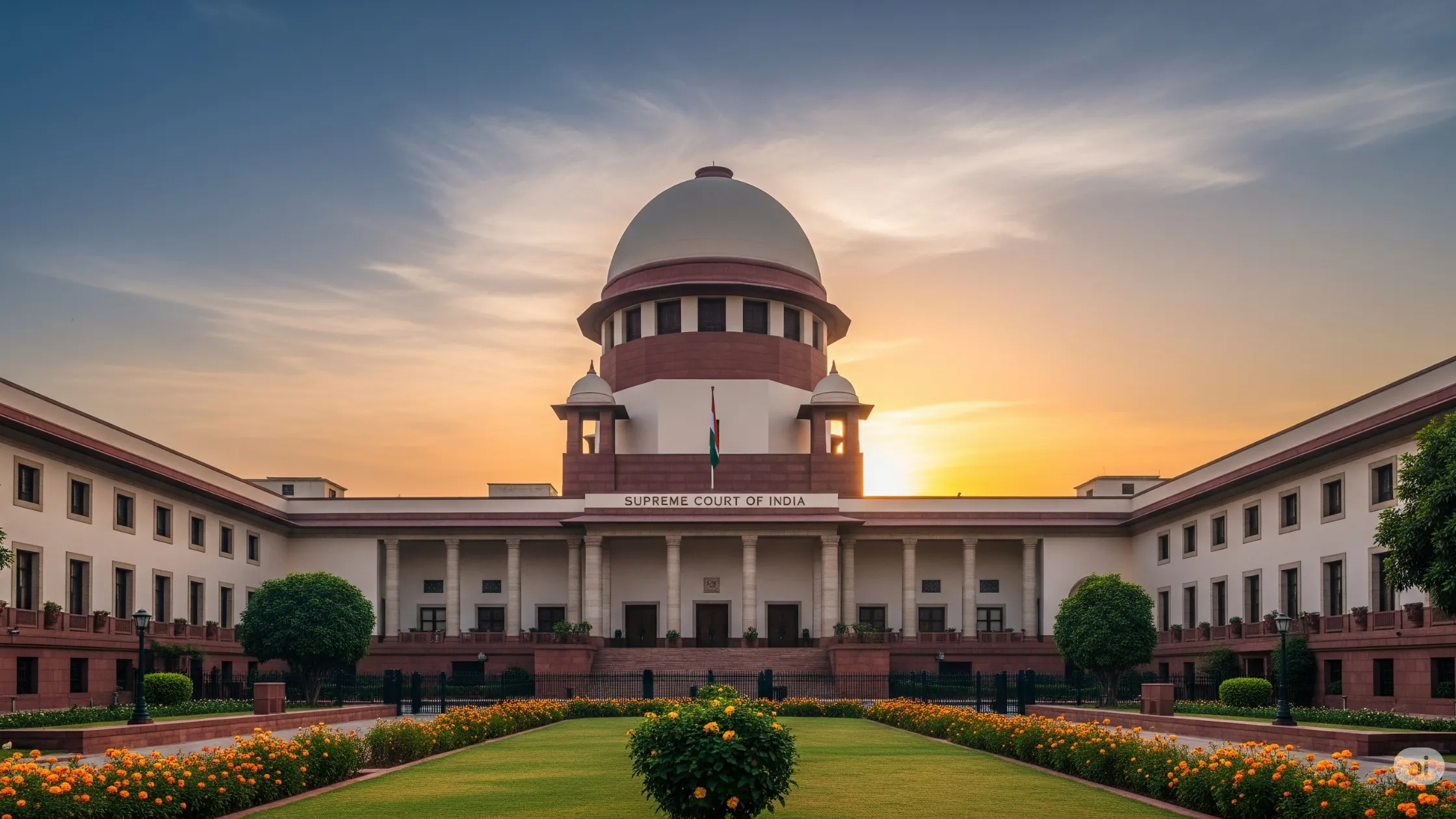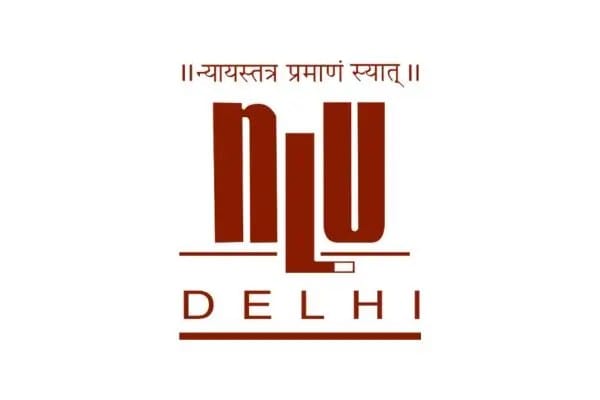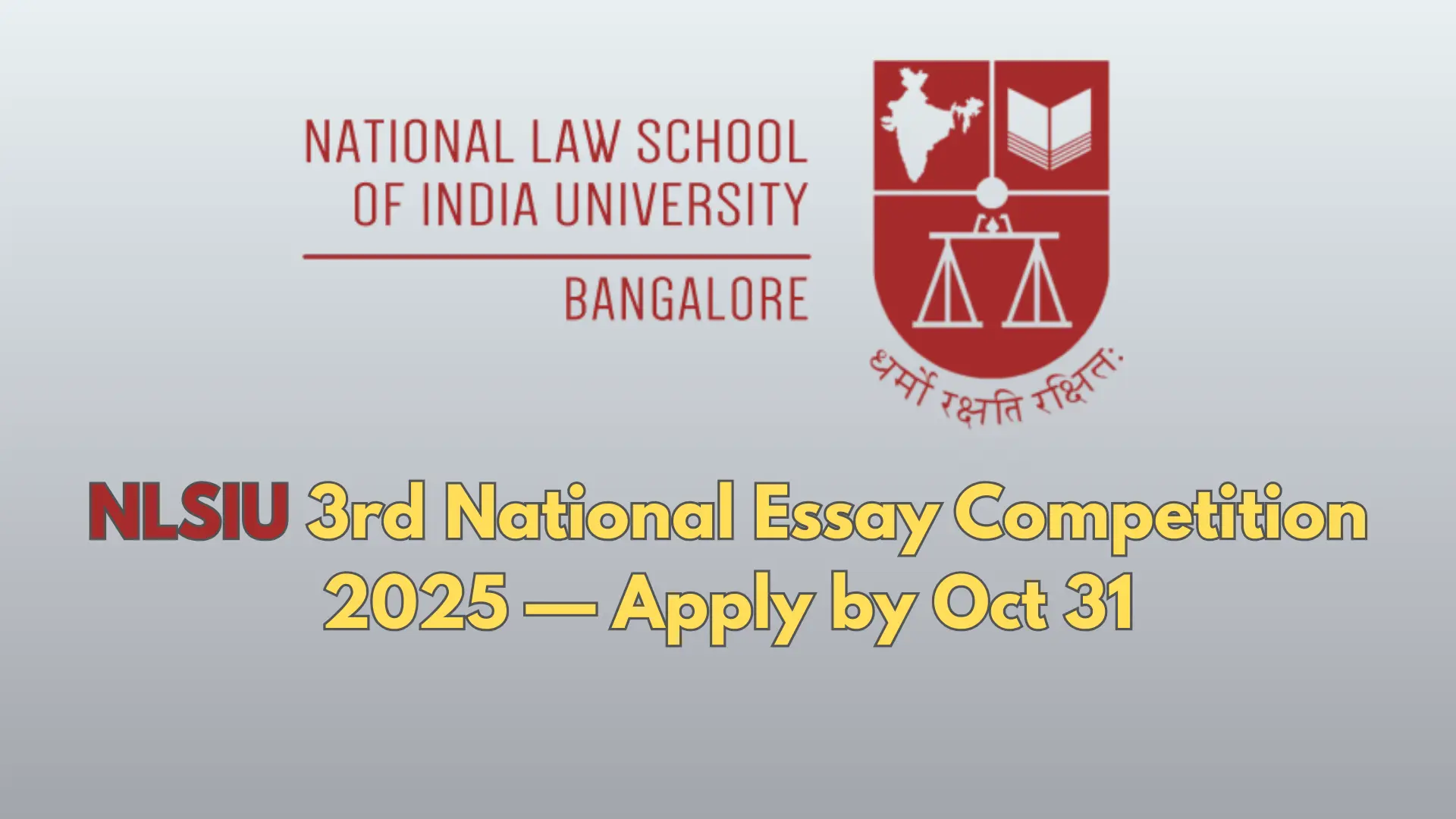Case Citation : Ashwini Kumar Upadhyay v. Union of India & Ors., Supreme Court of India, (2023) SCC OnLine SC 1125.
Introduction
The case of Ashwini Kumar Upadhyay v. Union of India (2023) reignited one of the most enduring constitutional debates in India – the demand for the implementation of a Uniform Civil Code (UCC) under Article 44 of the Constitution. The petitioner, a practicing advocate and public interest litigant, urged the Supreme Court to direct the Union Government to enact a uniform set of personal laws governing marriage, divorce, inheritance, and adoption applicable to all citizens irrespective of religion.
The petition placed before the Court the fundamental question of whether the Directive Principles of State Policy under Article 44 could be enforced through judicial intervention and whether differential personal laws violated the constitutional guarantee of equality under Article 14. The case, though dismissed, yielded significant judicial observations on secularism, legislative competence, and constitutional morality.
This judgment does not merely address the petition’s maintainability but marks an important judicial moment in the ongoing dialogue between constitutional ideals and legislative discretion, emphasizing that the Uniform Civil Code remains a legislative, not judicial, prerogative.
Facts of the Case
Parties Involved
- Petitioner: Ashwini Kumar Upadhyay, Advocate and social activist.
- Respondents: Union of India, Ministry of Law and Justice, and others.
Relevant Facts
The petitioner sought a writ of mandamus directing the Central Government to constitute a drafting committee for a Uniform Civil Code to ensure equality and gender justice in personal laws. He contended that the existence of diverse personal laws based on religion contravened Articles 14, 15, and 21 of the Constitution and that the State’s inaction violated Article 44, which mandates the State to endeavor toward a UCC.
The Union Government opposed the petition, asserting that the UCC is a matter of legislative policy under the Directive Principles, which are not enforceable by courts. It further argued that the matter falls within the domain of Parliament under Entry 5 of List III (Concurrent List).
Procedural History
The petition was filed under Article 32 of the Constitution as a Public Interest Litigation (PIL). The Supreme Court, while dismissing the petition, made significant observations regarding the constitutional position of Article 44, the interplay of religion and personal law, and the limits of judicial power in enforcing Directive Principles.
Legal Issues
- Whether the judiciary can direct the legislature to enact a Uniform Civil Code under Article 44 of the Constitution.
- Whether the coexistence of diverse personal laws violates Articles 14, 15, and 21, guaranteeing equality, non-discrimination, and dignity.
- Whether Article 44 is enforceable as a fundamental right or remains a non-justiciable directive principle.
Court’s Decision
Holding
The Supreme Court dismissed the petition, holding that Article 44 is not enforceable by judicial decree and that the framing of a Uniform Civil Code lies within the exclusive domain of the legislature. However, the Court emphasized that the State has a constitutional duty to strive for uniformity in personal laws consistent with constitutional morality and equality.
Legal Reasoning
Bench
Justice Sanjay Kishan Kaul and Justice Abhay S. Oka
Reasoning
- Directive Principles and Judicial Restraint: The Court reaffirmed that Directive Principles, though fundamental to governance, are non-enforceable. Citing State of Kerala v. N.M. Thomas (1976) 2 SCC 310, the Court observed that they guide, but do not constrain, legislative policy.
- Secularism and Equality: The Court acknowledged that differential personal laws do create asymmetries, particularly for women. However, it held that such inequality cannot be judicially remedied through forced uniformity but must be addressed through gradual legislative reform.
- Legislative Competence: Referring to John Vallamattom v. Union of India (2003) 6 SCC 611, the Court reiterated that reform in personal laws must proceed within the democratic process, respecting religious freedom under Articles 25 and 26.
- Constitutional Morality: The Court emphasized that constitutional morality requires balancing freedom of religion with equality, and that the UCC, when framed, must reflect India’s pluralistic ethos rather than impose uniformity by erasure.
Statutes and Precedents Cited
- Article 44, Constitution of India – Uniform Civil Code.
- Articles 25–26 – Freedom of religion.
- Sarla Mudgal v. Union of India, (1995) 3 SCC 635.
- John Vallamattom v. Union of India, (2003) 6 SCC 611.
- Shayara Bano v. Union of India, (2017) 9 SCC 1.
Dissenting Opinions
None – the bench delivered a unanimous opinion.
Impact of the Case
Legal Precedent
While the Court declined to issue a mandamus, the judgment reaffirmed that the UCC remains a constitutional goal, urging the legislature to initiate inclusive consultation toward codification of personal laws. It clarified that the judiciary cannot usurp legislative functions but can only illuminate constitutional expectations.
Legislative Impact
The decision indirectly influenced ongoing debates in several states – particularly Uttarakhand, which later constituted a UCC drafting committee in 2023. The judgment provided moral impetus for legislative action while preserving federal and religious autonomy.
Social and Political Impact
The ruling revived national discussion on gender justice and secularism. It balanced progressive aspirations with the need for social consensus, reaffirming that law reform must evolve organically within democratic frameworks rather than through judicial command.
Analysis
Critical Analysis
The Ashwini Kumar Upadhyay decision exemplifies judicial restraint within constitutional bounds. While sympathetic to the cause of equality, the Court rightly avoided overstepping its jurisdiction by compelling legislation. The judgment recognizes that true reform in personal laws requires societal readiness and legislative deliberation, not judicial fiat.
Strengths
- Preserves constitutional separation of powers.
- Upholds the principle of gradual, consultative reform consistent with pluralism.
- Encourages legislative initiative while affirming constitutional goals.
Weaknesses
- The Court did not engage deeply with the substantive discrimination inherent in existing personal laws.
- It missed an opportunity to outline a roadmap or set benchmarks for legislative progress under Article 44.
Alternative Outcomes
The Court could have directed the Union to file a status report on ongoing efforts toward codification of personal laws or recommended the creation of a Law Commission framework to study the feasibility and public sentiment before legislative action.
Conclusion
The Ashwini Kumar Upadhyay v. Union of India judgment stands as a nuanced reaffirmation of constitutional boundaries. By refusing to judicially enforce Article 44 while emphasizing its moral significance, the Court reinforced the essence of constitutional democracy – deliberation over imposition.
It reflects the judiciary’s respect for pluralism and the legislative process while urging political and social consensus to advance equality and justice. The ruling thus repositions the debate on the Uniform Civil Code as a constitutional aspiration awaiting democratic realization, ensuring that reform proceeds through reasoned dialogue rather than judicial decree.
In the long term, this decision will guide both Parliament and state legislatures to approach personal law reform through consultation, inclusivity, and fidelity to the ideals of equality, secularism, and constitutional morality.








